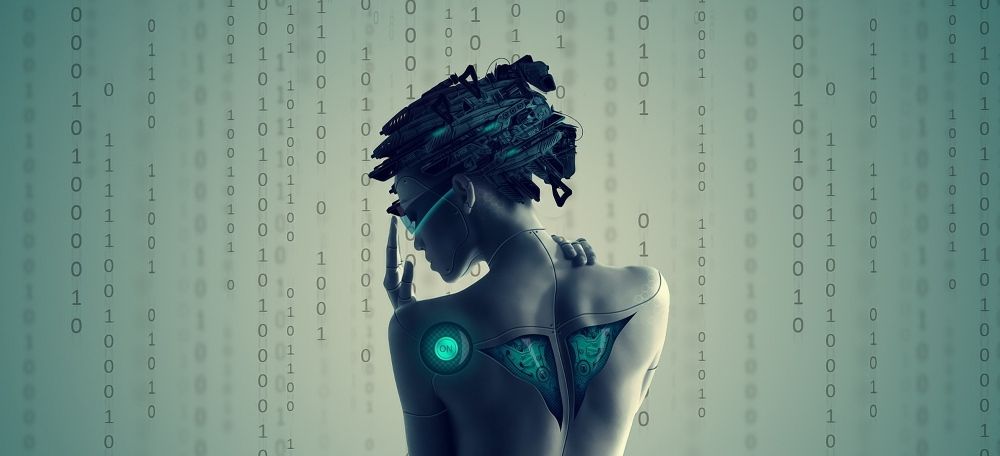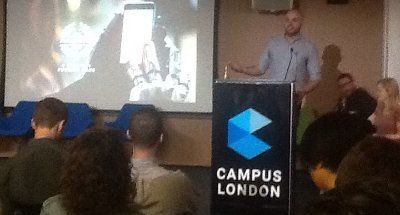I have recently re-kindled my interest in neuro-hacking, the process of using technological and spiritual tools to essentially hack my consciousness, make myself calmer, and of course, happier! I’ve been using vitamins (D3!) and isochronic tones for some time, but I have run across a number of new devices and apps recently. I got a demo kit for a new device called Thync, that purports to alter brain waves to achieve greater calm, less stress, and more energy. This follows, for me, several decades of interest in this arena, also fueled by a bunch of projects in the works that seek to augment human potential using the latest brain science, emerging hardware, and games.
This is an area of professional interest as well as personal. I’m a socio-cultural anthropologist with a focus on digital culture, technology use, and future possibilities. My graduate work focused on social learning associated with online gaming. A lot of my focus falls into a sub-discipline of anthropology known as cyborg anthropology:










